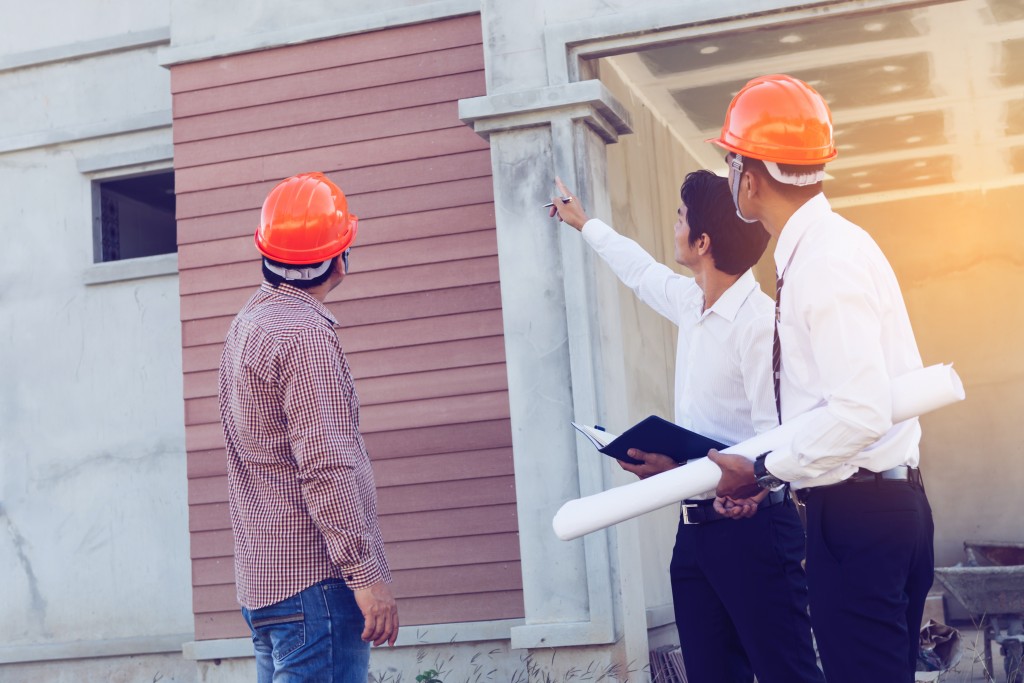A home inspection helps you locate problems early, hence finding ground upon which to negotiate the price down or rather move on to the next available seller. Remember, a home inspection session can be either productive or not, depending on how you choose your inspection professionals.
But out of myriad home inspectors, selecting the qualified and most reputable individuals can be quite a task. Although ideally in the Philippines a home inspector is not required, nothing is stopping you in employing one. Fortunately, this blog provides you with a systematic guide to help you single out the right inspector.
Ask to see credentials
Of course, you don’t want to risk a considerable capital investment such as a condo for sale here in Alabang, Muntinlupa on some inexperienced inspectors. Therefore, checking up for documents that prove them fit for the job is key.
They should be able to produce any licenses and certificates they hold. Be sure to see that the certificates are only from reputable and recognized professional institutions.
Ask questions
Before you hire an inspector, it’s important to consider a pre-inspection interview with them. During this meeting, ask as many questions as your concerns for the deal in place. Let them estimate the duration that a particular inspection should take. Inquire to know if you will be required to bring other professionals such as plumbers and electricians on board.
The way they address your questions should raise a red flag or give you the green light to engage them.
Look for a second opinion
Every inspector wish is to sign work with as many clients as possible. So, most of them won’t be ready to tarnish their reputation. As such, finding out what others have to say about that particular inspection firm can help clear any doubts and allow you to gauge the kind of services you expect if you hired this specific guru.
You can do this by talking to past clients and checking up on web reviews.
Ideally, you need to arrange for inspection after you have entered into a contract with the seller. If you don’t, you might spend money on inspection only for the seller to cancel the deal for another more lucrative deal, which translates to a loss on your part.
